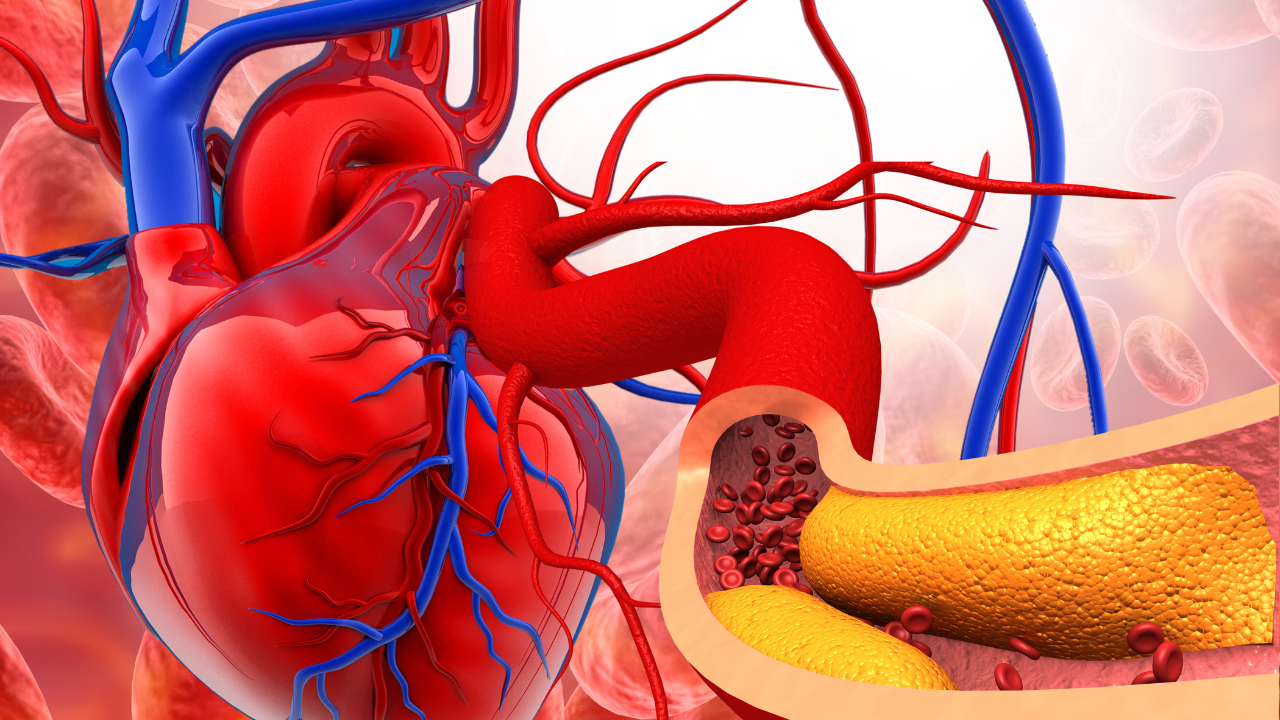As U.S. health officials race to address Americans’ consumption of ultra-processed foods (UPFs), a new study further reveals their potential implications for health.
Diets that center minimally-processed foods offer more significant benefits for weight loss than diets that primarily consist of ultra-processed foods, a randomized crossover trial published in Nature Medicine concluded. But what exactly makes a processed food, ultra-processed?
When it comes to processed foods, where you might start running into trouble is if you’re consistently eating foods that have been processed for the sake of enhancing their palatability, rather than nutritional content, experts say.
What exactly are processed foods?
Simply put, these are foods that have been altered in some capacity, says Dr. Amar Dave, a lifestyle medicine specialist with MedStar Health. It’s as simple as heating, freezing or dehydrating a food. “Those are all changes that would constitute something being processed,” he says.
But is there reason to stay wary of all processed foods? “It really depends a lot more (on the) type and the degree of processing,” says Dena Champion, a lead dietitian at The James Cancer Hospital and Solove Research Institute at Ohio State University Wexner Medical Center.
“Processing makes our food safer (and) more accessible,” adds Champion. Take fortified milk, for example, where nutrients like vitamin D and calcium can be added during processing to increase the milk’s nutrient profile. Really, the issue with processing begins “when we take away desirable nutrients, or add undesirable ones that could be harmful to us,” says Dave.
Researchers often define the different types of foods through the lens of the NOVA classification system, which consists of four categories: unprocessed or minimally processed foods, processed culinary ingredients, processed foods and ultra-processed foods. In research, the central benefit to the NOVA framework is that it allows experts to compare the results of cross studies, says Casey Rebholz, an associate professor at the Johns Hopkins Bloomberg School of Public Health.
In case you missed: RFK slams processed foods, pesticides, vaccines as harmful to kids in sweeping MAHA report
What’s the difference between minimally-processed and ultra-processed foods?
Under the NOVA classification system, once a food is altered from its natural, edible form – whether by removing an inedible part of a vegetable, or freezing or dehydrating a piece of fruit – it’s considered minimally-processed, says Dave. This could look like a pack of triple-washed spinach, or a bag of frozen fruit (both of which offer significant benefits for health, and have minimal or no change to their nutrient content). “So, when health professionals are talking about limiting your consumption of processed foods, (minimally-processed foods) are not the type of foods they’re talking about,” says Champion.
Ultra-processed foods rest on the other side of the spectrum. It’s a more extensive “degree of processing of foods, in which the products really don’t resemble the original food that was grown,” says Rebholz. Foods are considered to be ultra-processed when they’re processed through industrial methods, or contain a variety of additives (including artificial colors, flavorings, emulsifiers and preservatives), says Dave. Pastries, cookies, sugary drinks, cakes and pre-prepared meals are among a few common examples.
RFK Jr. is cracking down on 7-OH. What is kratom – and how addictive is it?
Should I limit my intake of ultra-processed foods?
Generally speaking, ultra-processed foods are going to be higher in salt, fat and added sugar, says Champion. This trifecta of ingredients makes ultra-processed foods extremely palatable, and therefore, easy to eat a lot of.
When our diet is high in ultra-processed foods, we’re often not consuming enough fruits, vegetables, whole grains, fiber, lean protein and essential vitamins and minerals, explains Champion. “You also end up overconsuming calories, which can lead to weight gain,” she says.
While more clinical trials need to be conducted on the long-term implications of eating ultra-processed foods, there are clear links between certain ingredients commonly found in ultraprocessed foods, and negative health outcomes. “When you’re adding sugar, sweeteners, preservatives and saturated fats (to food), you are now increasing your risk of long-term chronic disease – specifically, diabetes, cancers, high cholesterol and heart disease,” says Dave.
Many Americans still get the majority of their daily calories from eating ultra-processed foods, according to newly published data by the Centers for Disease Control and Prevention. For this reason, understanding the difference between minimally-processed and ultra-processed foods is paramount, underscores Dave.
Remember, eating “an ultra-processed food here and there is unlikely to really cause a problem in your health,” says Champion. What’s most important to consider is your dietary pattern as a whole, and prioritize filling your diet with whole and minimally-processed foods, Champion recommends.
This article originally appeared on USA TODAY: What are processed foods? Experts break down their impact on health
Source link


